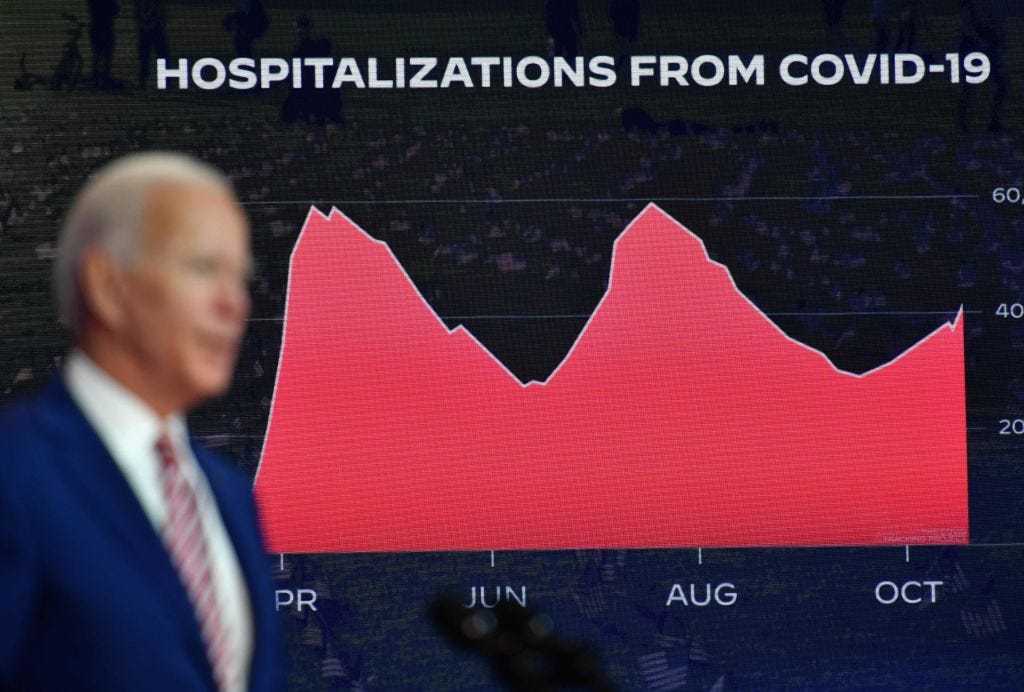
Earlier this week, we ran a collection of pieces by the new leaders of American public health—doctors Jay Bhattacharya, Marty Makary, and Vinay Prasad—all of whom just happen to have contributed to The Free Press. Five years ago, they raised serious questions in our pages about lockdowns, shuttered schools, and vaccine mandates—questions for which they were vilified. Now, all of them have been not only vindicated, but promoted to some of the highest offices in public health. But these leaders are only part of the story. Behind them is a ragtag group of ordinary Americans who also asked questions during the Covid era, and kept asking them, even though they were belittled, discredited, and ostracized. In today’s piece, reporter Carrie McKean profiles these individuals, and asks them: How can we move forward? How can these new leaders restore our faith in public health?
—The Editors
Five years ago, Kelley Krohnert, a wife and mother who lives just outside Atlanta and runs a small photography business, was, like most of us, filled with dread and confusion. It was the early days of Covid. At the time, the Georgia Health Department wasn’t keeping a public record of the number of cases. So Kelley, who’s in her forties, began plugging numbers she saw on the news into her own spreadsheet and started a website, Covid-Georgia.com, to share her data, gaining a wide following on Twitter (now X) under the handle @KelleyKGa.
It didn’t take long for Krohnert to start noticing statistical errors, which grew only more common as time went on. The CDC’s own “unofficial” Covid Data Tracker of cases from across the nation often reported higher pediatric death counts than the official numbers on the National Center for Health Statistics website. And the media often reported those higher numbers. As time went on, the CDC reported that 4 percent of Covid deaths were children, when their own data showed it was .04 percent. In 2022, she discovered that a frightening study cited by the CDC during its push for a pediatric Covid vaccine vastly inflated the disease’s risk to children; for example, it compared 26 months of Covid-associated deaths to one year of deaths from other causes.

“These were mistakes and errors a middle-school student wouldn’t make,” Krohnert told me. She didn’t start out with any inherent suspicion of the government. She expected officials to be a trusted source of information and to deliver level-headed guidance. But the more she burrowed into the Covid numbers, the more problems she saw. And remarkably, all the errors she identified made things seem worse and more dangerous than they were.


